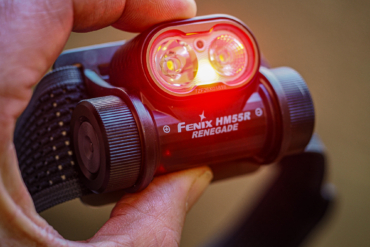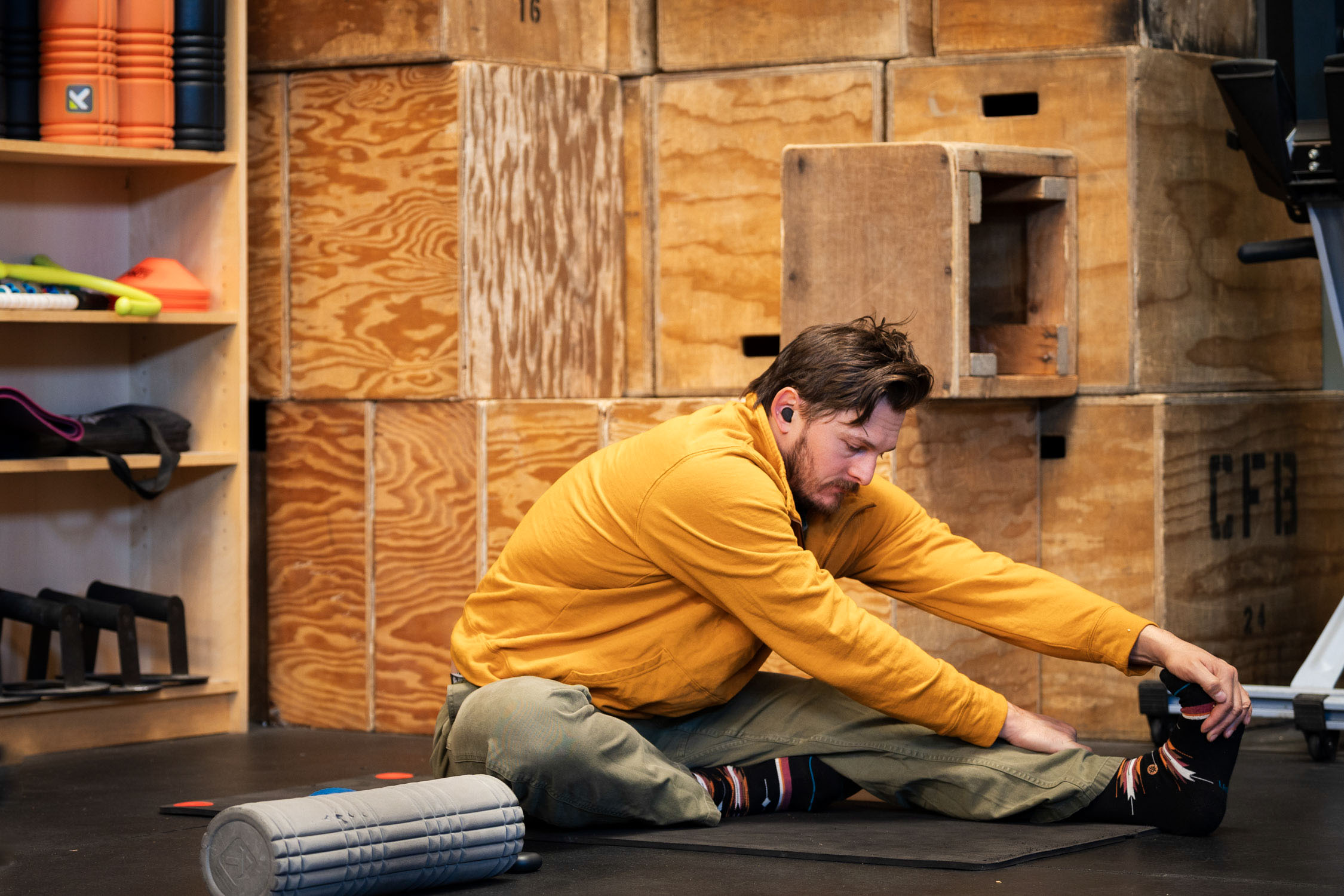Goodbye darkrooms, enlargers, spools, and funny-smelling chemicals. Canon’s final film camera is no more.

Eighty years ago, Canon entered the camera game. Since then, the Tokyo-based company has grown into a multinational giant. And despite diversifying into printers, photocopiers, video recording, and digital photography, Canon has always had a negative film-capable camera to sell.
That is, until this week. On Wednesday, in an unceremonious posting to the brand’s support page, Canon announced it will no longer sell the EOS-1V — its last remaining film camera.
The move leaves just a handful of companies that still make the increasingly obscure devices. But, more importantly, it’s a harbinger to the close of a revolutionary and romantic chapter in art and exploration.
Canon Stops Sales of Final Film Camera
While the news marks the official end to the brand’s relationship with film photography, Canon actually stopped making the EOS-1V in 2010, according to Japan’s Sankei.

Still, Canon continued to sell the remaining inventory of its final film model to purists and discerning professionals for another eight years, according to Peta Pixel.
Canon’s primary competitor in the camera market, Nikon, still sells two film single-lens reflex (SLR) models: the high-end F6 and more old-fashioned 35-mm FM10.
Why We Love Film
Those who haven’t shot film probably don’t see much of an issue. Film is costlier, takes more time, and offers far fewer options in the way of photo editing. It’s also pretty wasteful, and requires some nasty chemistry to process.
But, like driving a manual transmission, the joy of shooting film stems, in part, from its difficulty. It takes practice. And given the cost of a roll of film — and the limited number of shots that come with it — photographers used to have greater incentive to take better pictures the first time around. This is not to say that digital photographers don’t take amazing photographs. They can and do.
But film doesn’t let you review your shots in real time. Nor does it allow you to simply delete the bad ones and retake them. Film demands a keen eye and a knowledgeable mind. And it requires the photographer to know what the film will look like once that shutter is pressed.
What’s more, film carries a photographer’s job into the darkroom, where an entirely different set of skills is needed. From blindly spooling negatives in a pitch-black closet to that first glimpse of what film captures by the light of an enlarger.
Red lights, stinky developer fluid, and damp drying racks — almost every element of film photography is tangible and appeals to all the senses. It’s messy, time-consuming, and, above all, hard. And we will miss it when it’s finally gone.








